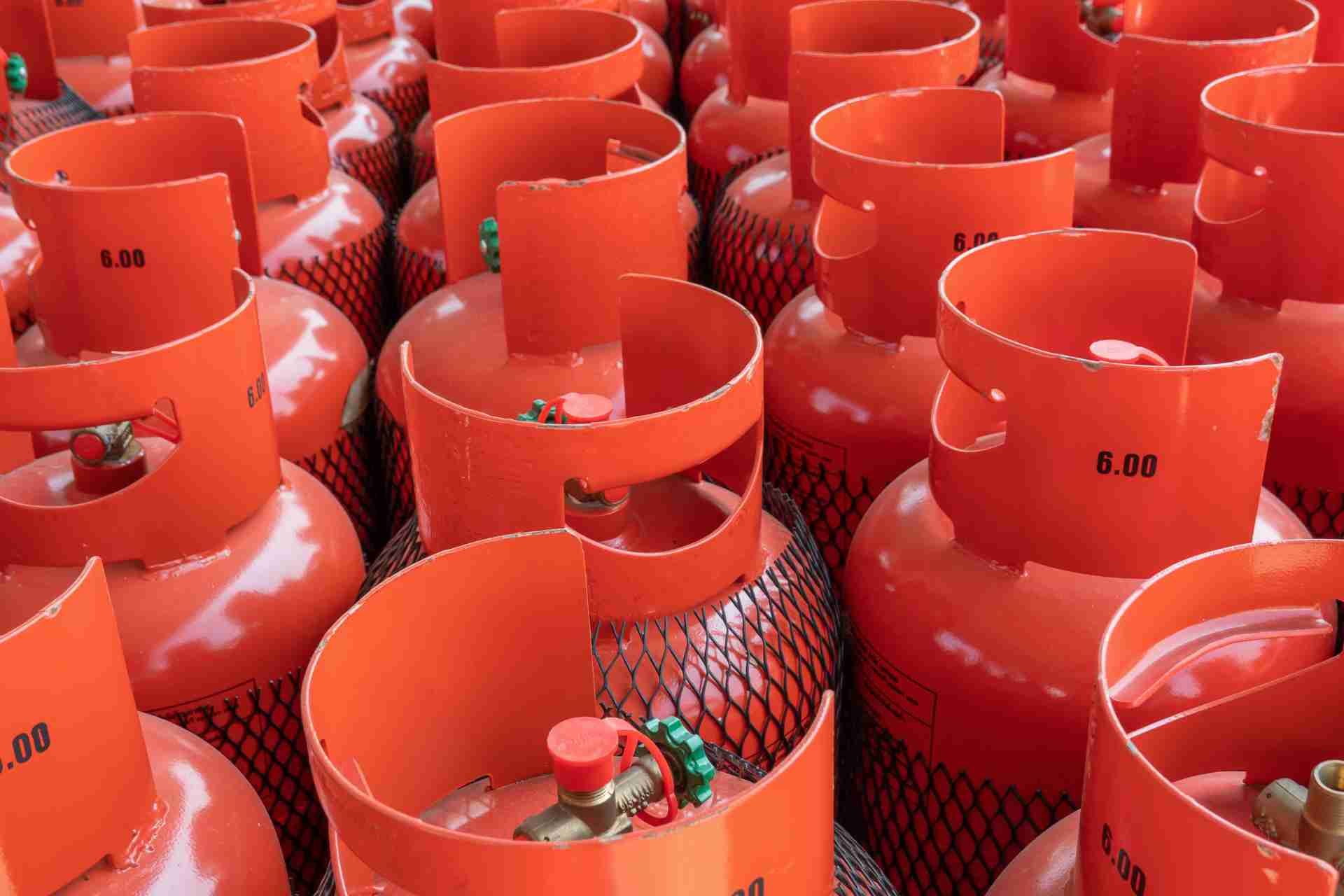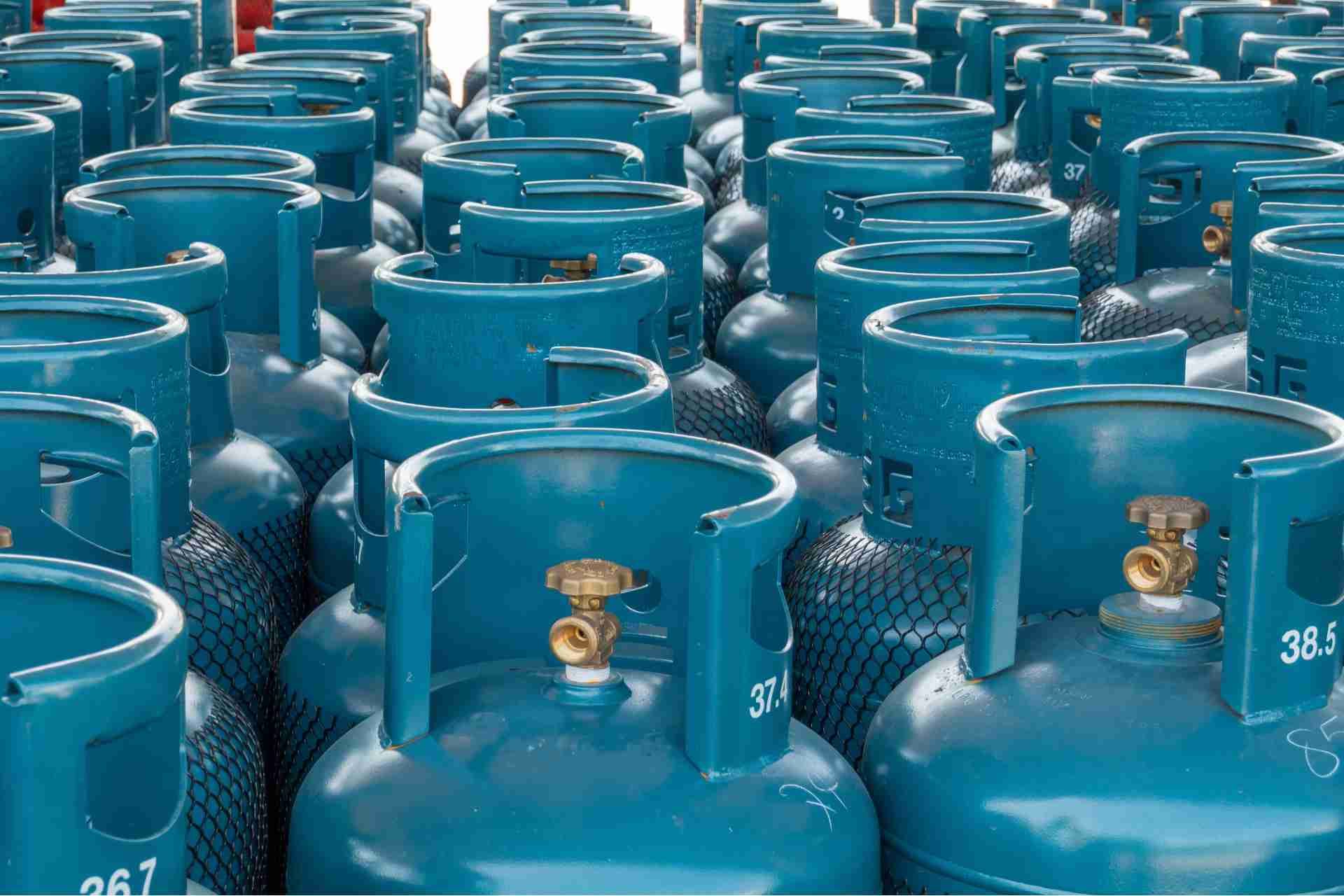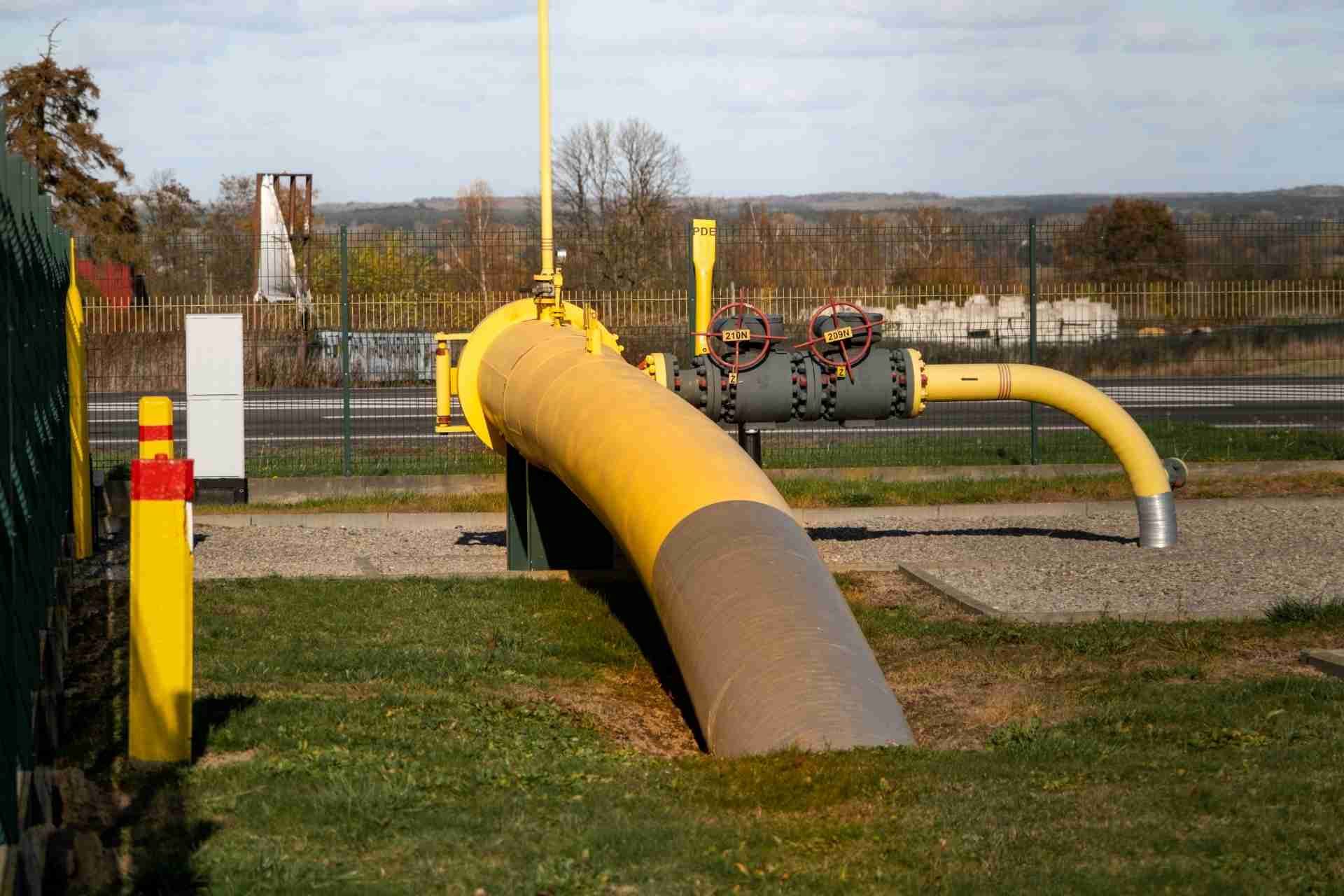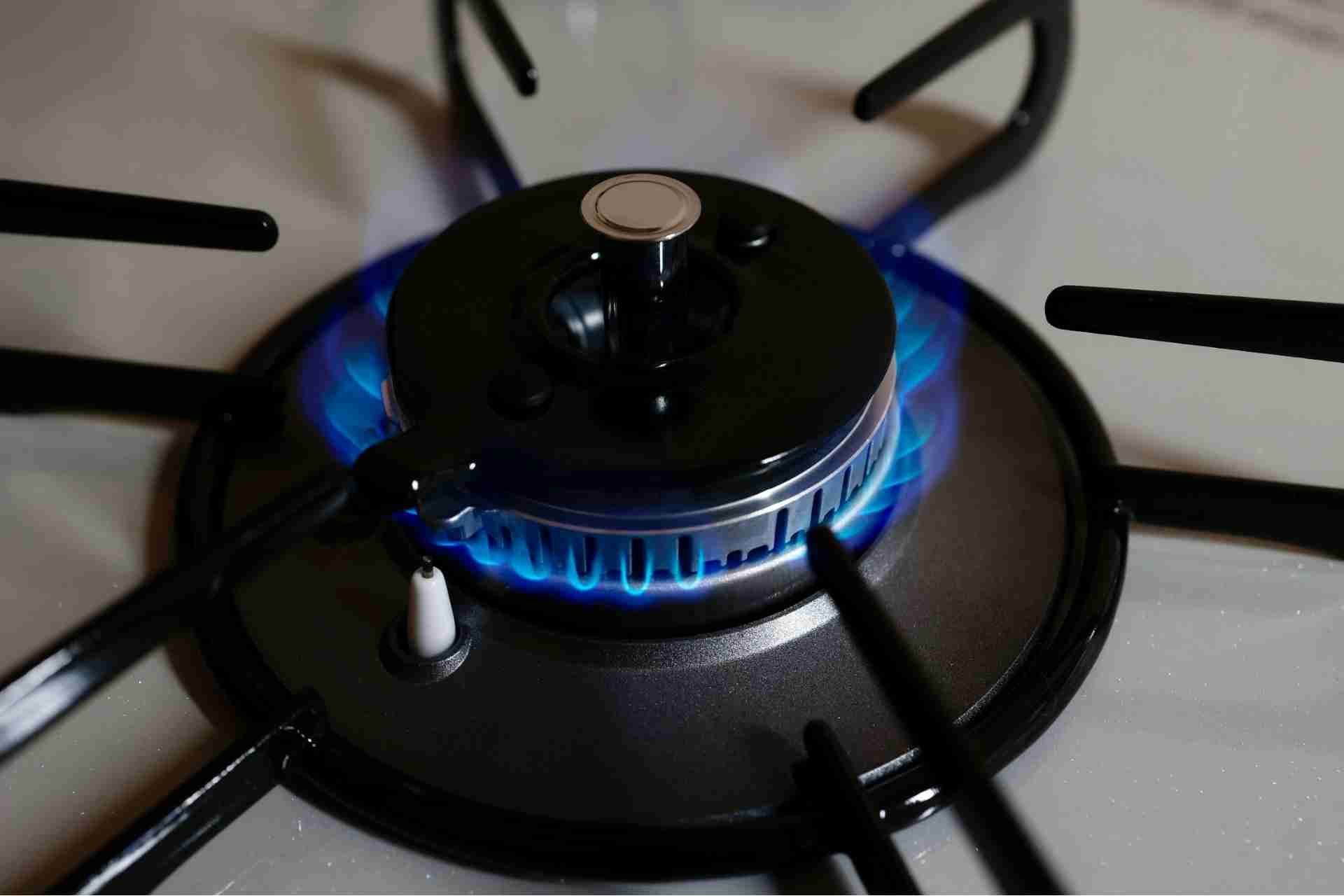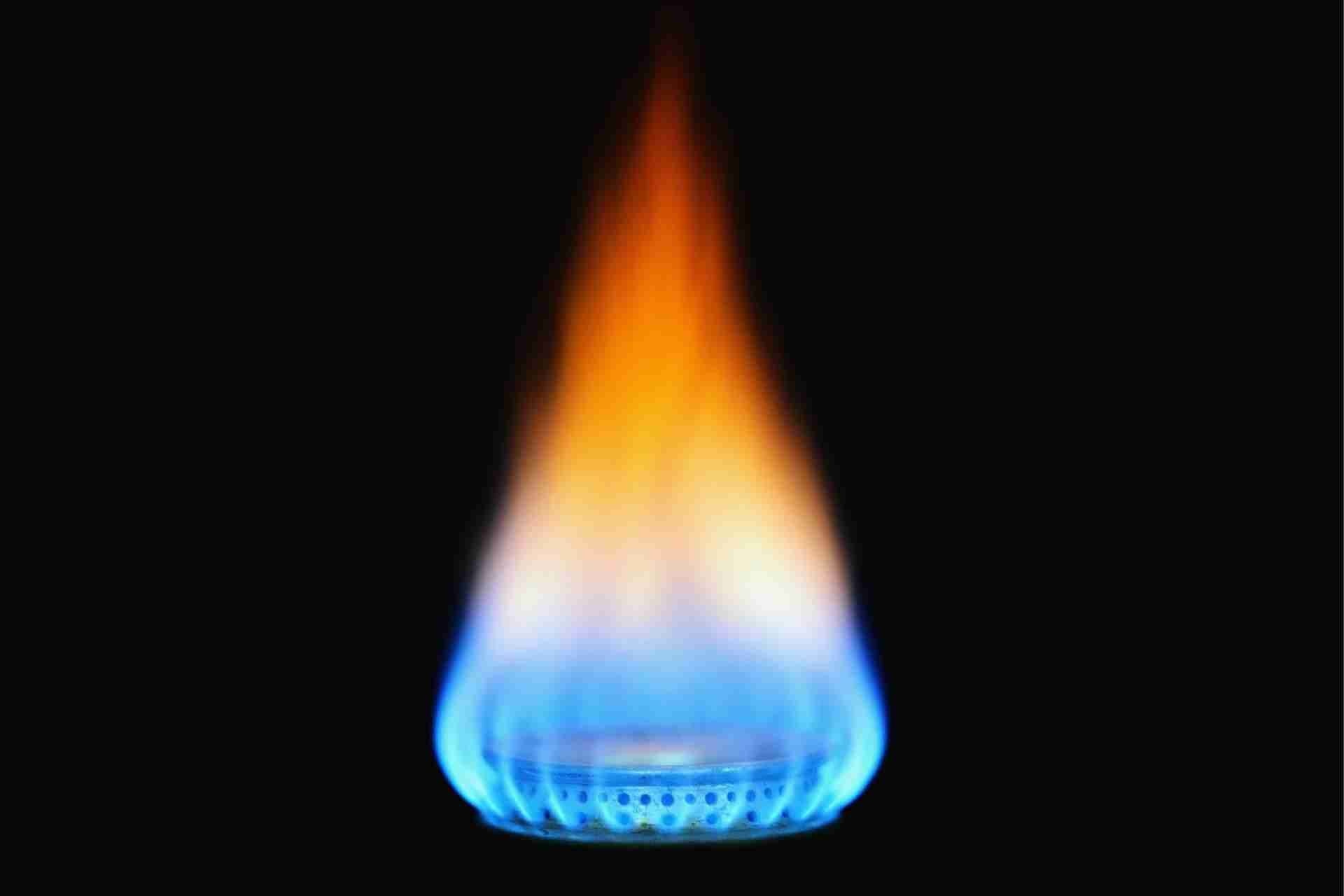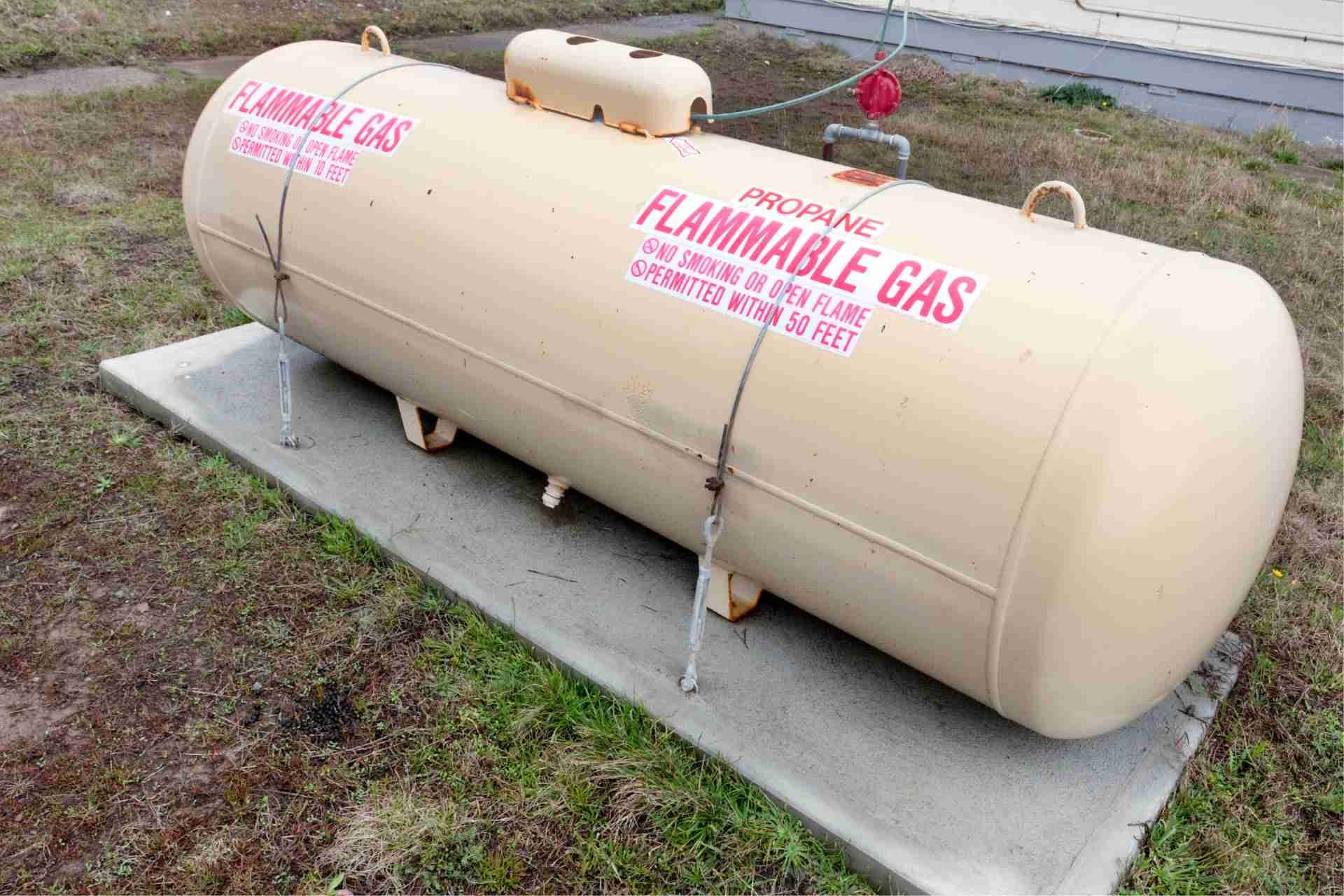Heating Your Home With Propane
As the temperatures drop and winter approaches, homeowners are starting to think about how to keep their homes warm and cozy. One option that is gaining popularity is heating your home with propane. You've likely heard of propane as a clean, efficient energy source, but you might not be aware of how it compares to other heating options or what makes it stand out.
Heating your home with propane involves several steps and considerations, from initial setup to ongoing maintenance, and, of course, evaluating the cost is crucial. Let's explore why propane might be the smart choice for your home, and what you should consider before making the switch.
Understanding Propane Heating
To effectively utilize propane for heating your home, it's crucial to grasp how propane systems operate and their benefits. Propane, a byproduct of natural gas processing and petroleum refining, is a popular choice for residential heating due to its efficiency and lower environmental impact compared to other fossil fuels.
Your propane heating system operates by converting liquid propane stored in a tank outside your home into a gas. This gas is then burned in your furnace, producing heat that's distributed throughout your home via your ductwork or through direct heating units. You'll need to regularly monitor your propane levels and schedule refills to ensure consistent heating.
Understanding the components of your propane heating system is also essential. The system comprises the propane tank, regulators, gas lines, and the furnace or boiler. Each plays a pivotal role in safely converting and delivering the propane to heat your home efficiently. Regular maintenance of these components is crucial to prevent leaks and ensure optimal performance.
It's also worth noting that propane heating systems come in various sizes and efficiencies. You'll need to choose one that matches your home's size and heating requirements to maximize efficiency and minimize costs.
Benefits of Propane Heat
Switching to propane heat offers significant benefits, including improved efficiency and lower emissions, directly impacting your home's comfort and environmental footprint. Propane's high energy content and efficient combustion process mean you'll use less fuel to maintain your desired temperature, leading to cost savings over time. Unlike other fuels, propane burns cleaner, producing fewer greenhouse gases and pollutants. This not only contributes to a healthier environment but also reduces your home's carbon footprint.
Moreover, propane systems are known for their longevity and reliability. They require less maintenance than electric heating systems, which can suffer from wear and tear more quickly. This durability ensures that your heating system remains operational for longer periods, providing consistent warmth without frequent breakdowns or the need for repairs.
In terms of safety, propane has a strong track record. Its storage and use are governed by strict regulations, making it a safe choice for residential heating. Propane tanks are constructed to withstand high levels of pressure, significantly reducing the risk of leaks. In the unlikely event of a leak, propane's distinct odor makes it easy to detect, allowing for swift action to prevent accidents.
Installation Process
Before delving into the installation process for a propane heating system, it's crucial to understand the steps involved in setting up your home for efficient, reliable warmth.
If you're considering installing a propane heating system in your home, it's important to understand the installation process and what it entails.
The first step in installing a propane heating system is to hire a licensed propane installer. It's crucial to work with a professional who has experience with propane systems to ensure that the installation is done safely and efficiently. The installer will assess your home's heating needs and recommend the appropriate size and type of propane heating system for your space.
Once the system has been selected, the installer will begin the installation process by placing the propane tank outside your home. The tank will be connected to the heating system through a series of pipes and valves. The location of the tank will depend on a variety of factors, including local building codes and safety regulations.
The installer will connect the propane heating system to your home's existing ductwork or radiators. This may involve running new piping or making modifications to your home's heating infrastructure. The technician will also install a thermostat to control the temperature of your home and ensure that the system is working properly.
During the installation process, the installer will test the system to make sure that it is functioning correctly and efficiently. They will check for any leaks or kinks in the piping and adjust the system as needed to ensure optimal performance. Once everything is in working order, the installer will provide you with information on how to use and maintain your propane heating system.
Maintenance and Safety Tips
Regular maintenance is essential for ensuring your propane heating system operates safely and efficiently. You've got to schedule annual inspections with a certified technician who'll check the system's integrity, looking for leaks or damage in the tank, pipes, and connections. They'll also assess the burner and controls to make sure they're functioning correctly. It's crucial to keep the area around your propane tank clear of flammable materials, ensuring there's at least a three-foot radius that's free from leaves, debris, and other combustibles.
You should also familiarize yourself with the smell of propane, which is similar to rotten eggs or a skunk's spray, so you can detect leaks early. If you suspect a leak, it's imperative to turn off the gas supply valve, evacuate the area, and call your propane supplier from a safe distance. Never attempt to find the leak yourself.
Installing carbon monoxide detectors near your sleeping areas and testing them regularly can provide an additional safety layer. Remember, propane appliances need oxygen to burn cleanly, so it's vital to ensure proper ventilation in your home to prevent the buildup of harmful gases.
Cost Analysis
After ensuring your propane heating system's safety and efficiency through regular maintenance, it's crucial to examine the associated costs of using propane as your primary heating source. Understanding these costs involves analyzing both the price of propane itself and the efficiency of your heating system.
Propane costs can fluctuate based on supply, demand, and geography. You'll find that prices are typically higher in colder months when demand increases. It's wise to monitor these trends and consider purchasing propane in off-peak seasons to capitalize on lower prices. Additionally, engaging in a pre-buy or lock-in rate plan with your supplier could stabilize your heating expenses over the winter.
The efficiency of your propane heating system plays a significant role in your overall costs. Newer, high-efficiency models can convert a higher percentage of propane into usable heat, reducing the amount of fuel you need to maintain a comfortable temperature in your home. It's worth calculating the annual savings a high-efficiency system can offer compared to your current setup. Upgrading might involve upfront costs, but the long-term savings on propane can be substantial.
Conclusion
Heating your home with propane can be a cost-effective and efficient option. Propane is a clean-burning fuel that produces fewer emissions than other fossil fuels, making it a more environmentally friendly choice. It also offers consistent and reliable heat for your home, even during power outages. Additionally, propane heating systems have a long lifespan and require minimal maintenance, making them a convenient option for homeowners. Consider switching to propane heating for your home to enjoy these benefits and lower your energy bills in the long run.
